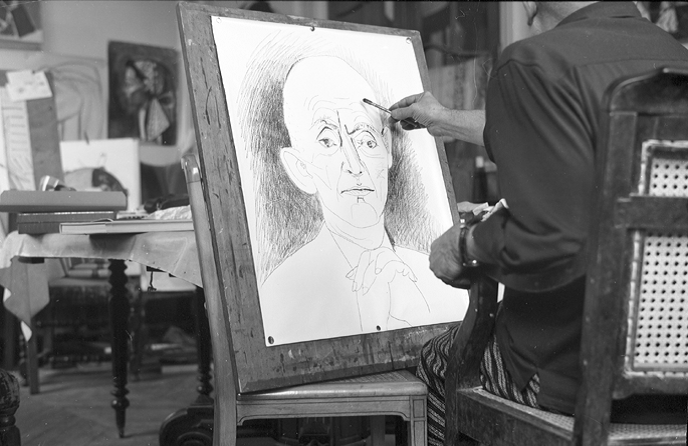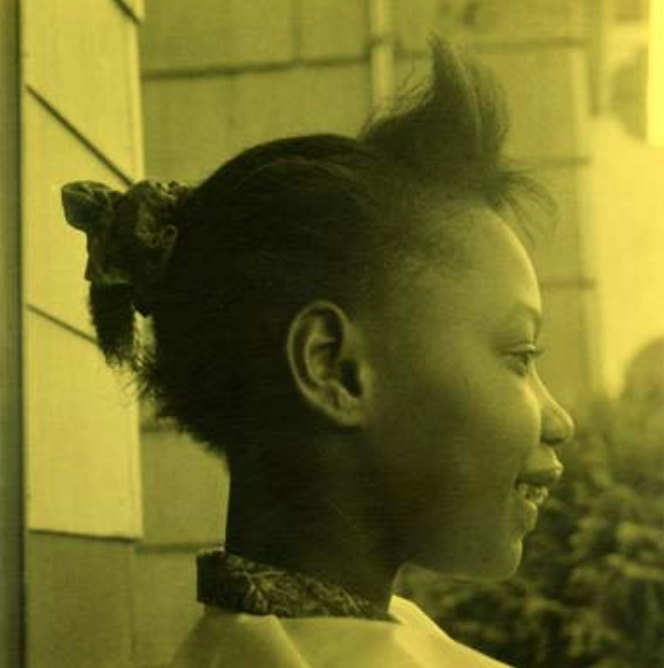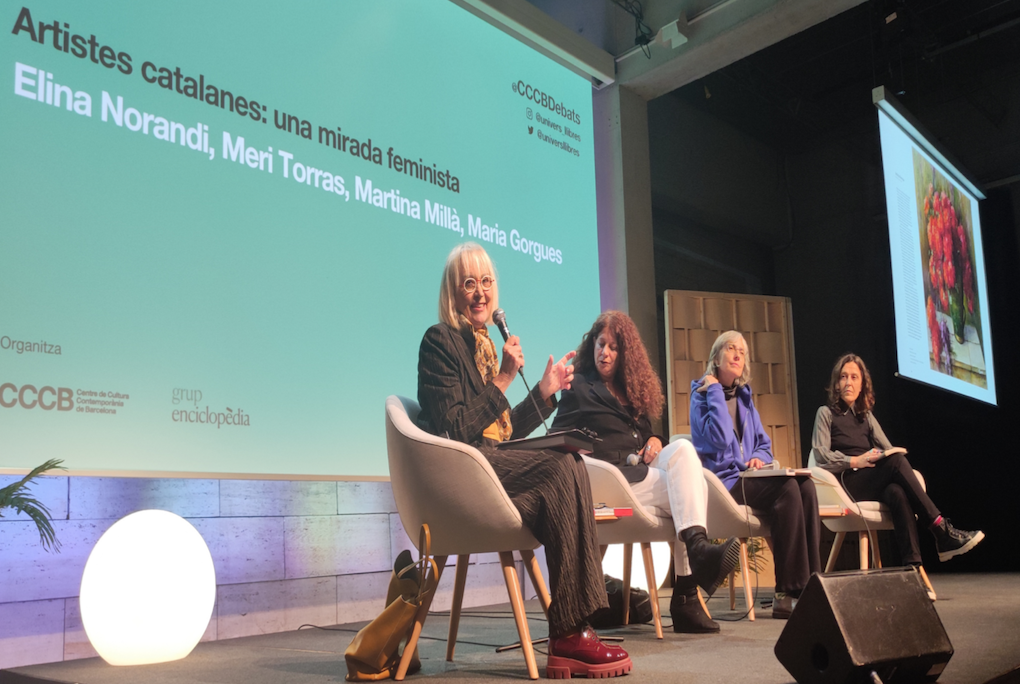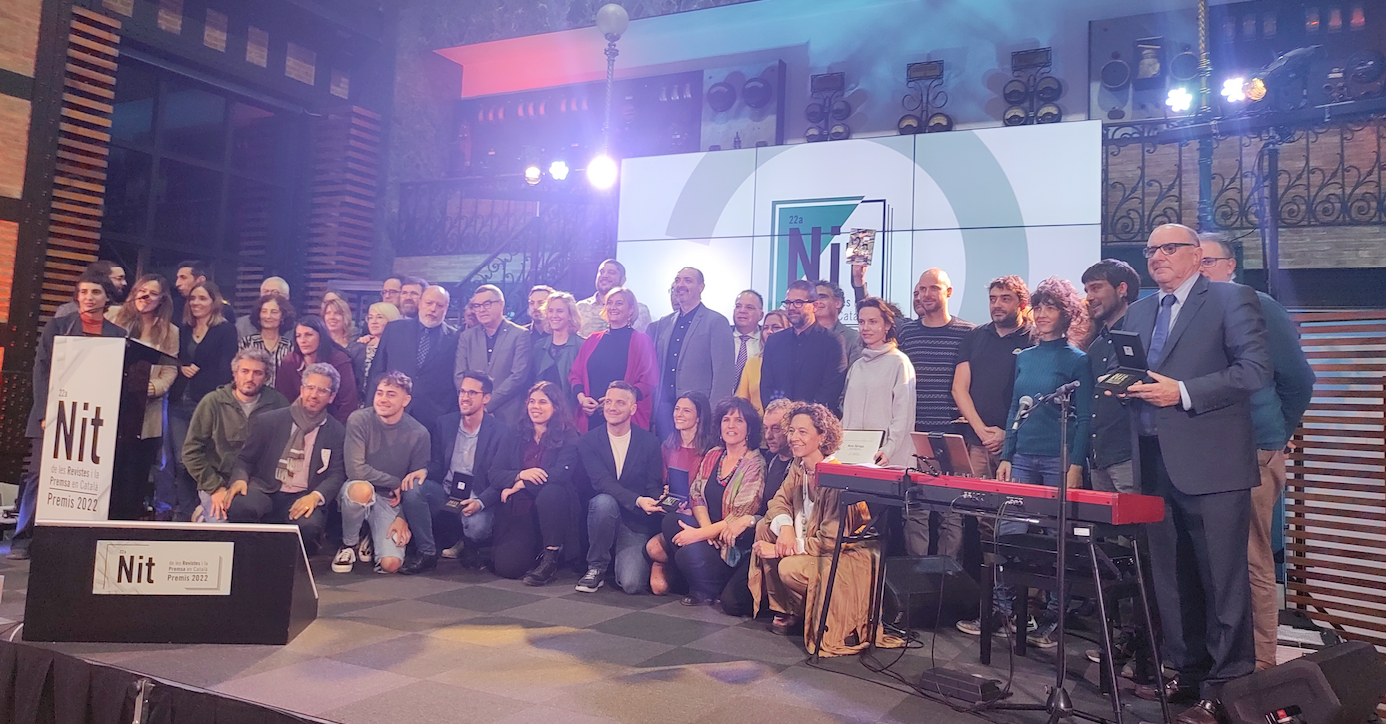News
Stella Rahola wins the first edition of the Biennial of Visual Arts Ricard Camí
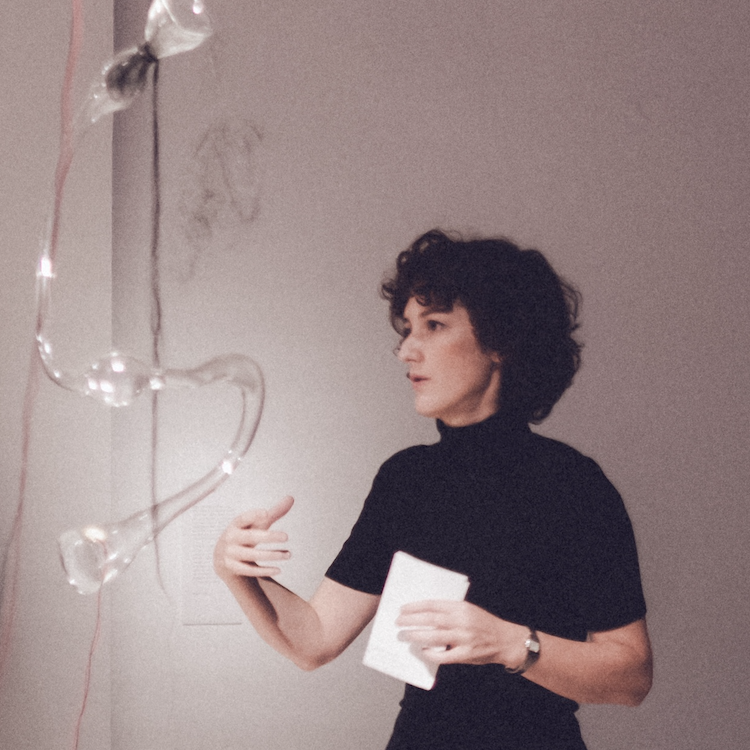
The Ufana (II) project by Stella Rahola Matutes has won the first edition of the Biennial of Visual Arts Ricard Camí for having an advanced and committed look at environmental problems, while making use of the transformative capacity of art. Also for the solidity of the project, which combines craftsmanship and biology, and which takes as its basis the potability of water based on the interrelationship of materials. A way to understand the current situation to improve production systems, change behavior patterns and promote more ethical lifestyles.
The project consists of the realization of an artistic installation that responds to a real need: the scarcity of water as a natural resource.
The jury formed by professionals related to the dissemination of culture and the visual arts, Montse Badia, art critic and editor of A*DESK, Natàlia Chocarro, art critic and art advisor of the Vila Casas Foundation, Antonio Ortega, artist and teacher, Ricard Planas, bonart editor and director of the Lluís Coromina Foundation, and Belén Latorre, director of the Antigues Caixes Catalanes Foundation, have chosen him unanimously.
The prize consists of 3,000 euros for the best unpublished Visual Arts project in any of its visual arts disciplines. In addition to this endowment, 1,500 euros will be allocated to the production of the project, which will be exhibited at the Espai Isern Dalmau of the Lluís Coromina Foundation in September 2023.
3 finalists have also been recognized, with 300 euros, as support for the projects presented, which will also be part of the exhibition. These three projects have been: Núria Benet, for her Delirium Garden project; Adrià Gamero, for his project How much land does a person need; and Glòria Giménez Carrillo, for her project La butaca that had the shape of a mountain.
26 artistic and social proposals from all disciplines of the visual arts
The competition, which has been promoted for the first time in 2022, is aimed at artistic and social projects from all disciplines of the visual arts and has received 26 proposals.
Its aim is to stimulate artistic creation, whatever the technique used (painting, sculpture, photography, video art, drawing/engraving, installation and sound, or a combination of all of them) towards projects with social values, while contributing to the promotion and projection of visual artists.
The Biennial of Visual Arts Ricard Camí, which has the seal of good practices awarded by the PAAC, is convened and co-organized by the Fundació Antigues Caixes Catalanes (FACC), the Fundació Lluís Coromina and bonart.
It will be convened every 2 years and it will be possible to present projects that have as their theme one of the SDGs that mark the 2030 Agenda for Sustainable Development. For this first edition, the projects had to focus on climate change and all its derivatives (ODS 7, 12 and 13) and could not have been carried out previously.
At the Biennale, professional artists resident in Catalonia can present themselves who can prove they are in the profession either through exhibitions or research work carried out, or the achievement of academic degrees. Its creation was born as a continuation of the Ricard Camí Painting Prize, which celebrated its 16th edition in 2019, adapted to the new times.
Ufana (II) will be exhibited at the Isern Dalmau Space of the Lluís Coromina Foundation
Ufana (II) develops work in continuity with the artist's line of research on the interactions and life cycles of materials. A scenario is proposed that oscillates between craftsmanship and biology, taking the potability of water as a working axis based on the interrelationships of materials.
The aim is to offer a source that sanitises water through the introduction of carbon, a key element in the development of life on this planet. Activated carbon can act by trapping water impurities such as solvents, pesticides, industrial waste and other chemical products, being a natural and renewable resource. This is a useful option in emergency situations, such as natural disasters where there are problems with access to drinking water for a prolonged period of time, so its introduction in our everyday life is relevant.
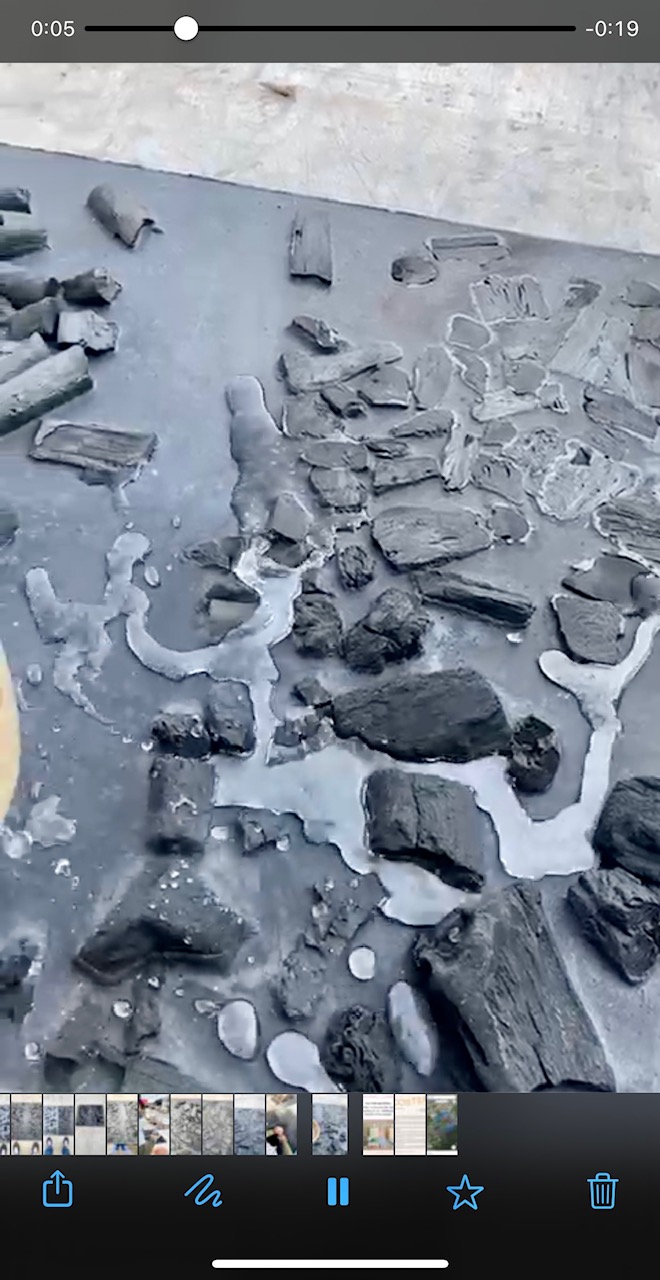
The fountain would provide water for everyone.
In terms of techniques, the proposal will be resolved through an installation artefact where water, activated carbon, gravel and connectors in borosilicate glass will be linked in visible physical, mechanical and chemical relationships in order to purify water . The relationship between water, carbon and silicon (of glass) will be fundamental to establishing relationships that resonate with life and its origin. Each part of the system will be solved using manual techniques.
Craftsmanship will be present in its resolution.
According to Rahola, Ufana (II) is involved in the following SDGs: 2, 3, 6, 11, 12, 13 and 15. Water is the basis of life on our planet. Less than 3% of the world's water is drinkable, of which 2.5% is frozen in Antarctica, the Arctic and glaciers. Therefore we can only count on 0.5% for all the needs of the ecosystem. Humans pollute water faster than nature can purify it.
Finally, the production of the piece will require technical advice and relationships with people and groups in the areas of ecology and sustainability that can enrich the work and gain awareness of its potential. In addition, during the process, synergies will be generated in order to disseminate the project with entities such as the "Water is Life" platform with the aim of generating collective awareness of this global problem.





